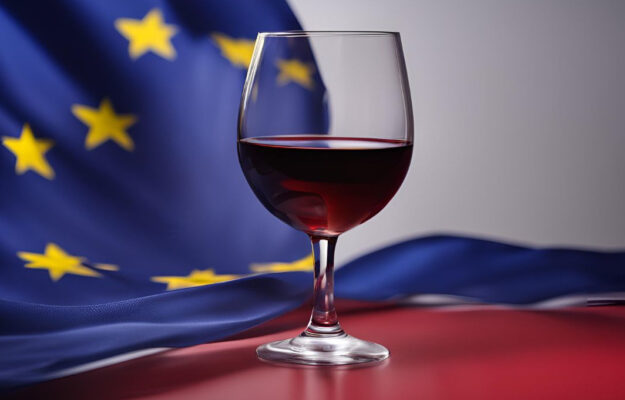Strengthen a market-oriented Common Agricultural Policy (CAP) that promotes competitiveness and reduces administrative complexity; reconcile tradition and innovation in EU legislation to adapt wine products to new consumer expectations, demand, and trends, while preserving wine culture; support climate resilience and green transition by defining the principles of sustainable wine production, prioritizing mitigation measures, and recognizing ecosystem services; strengthen the EU’s single market and reduce costs by fully harmonizing regulations, promoting digitization, and facilitating e-commerce for wineries; maintain an ambitious EU market vision that pursues an assertive trade strategy to expand market access, address trade barriers, and protect wine products from unrelated trade disputes; adopt a coordinated EU health policy that is pragmatic and science-based, distinguishes between moderate wine consumption and alcohol abuse, and promotes constructive dialogues: these are the key points, the 6 priorities of the “Manifesto on the future of the EU wine sector” published, today, by the Ceev, the European Committee of wineries (and that for Italy counts among its members Federvini and Unione Italiana Vini - Uiv, ed.), to deliver a policy document to the next EU parliament that will be renewed with the elections that will take shape between June 6 and 9, 2024.
A Manifesto that focuses on an important sector that contributes 130 billion euros to the European Union's GDP, with a market value of more than 100 billion euros, 52 billion euros in taxes generated for European coffers, and 3 million jobs, which has seen exports rise from 3.9 billion euros in 2004/2005 to an impressive 17.9 billion euros in 2022/2023, “a cornerstone of the EU economy (producing 64% of the world’s wine), particularly in rural areas where it plays a crucial role in combating depopulation”, to which, however, “climate, regulatory and social challenges pose significant obstacles to the sustainability of the sector, and are putting it at risk”, Ceev explains.
“Unpredictable extreme weather events, inflation, rising production costs, geopolitical uncertainty, demonization of alcoholic beverages: the EU wine sector is facing a series of structural and cyclical challenges that are endangering its long-term sustainability”, said Mauricio González-Gordon, Ceev president, who added: “the EU wine sector brings significant benefits to our society, so it is our heritage, our rural areas and its economy that are at risk”. “We need a consistent approach to wine in the political arena to update laws and oppose unfair attacks on our wine culture. Only in this way can we ensure the strength and longevity of the EU wine sector and continue to offer unprecedented diversity, heritage and excellence in every bottle”, stressed Ignacio Sánchez Recarte, Ceev secretary general. “Our Manifesto includes a number of concrete proposals to safeguard our rich heritage, promote sustainable growth and ensure a prosperous future for European wine”.
Copyright © 2000/2026
Contatti: info@winenews.it
Seguici anche su Twitter: @WineNewsIt
Seguici anche su Facebook: @winenewsit
Questo articolo è tratto dall'archivio di WineNews - Tutti i diritti riservati - Copyright © 2000/2026







































































































































































































